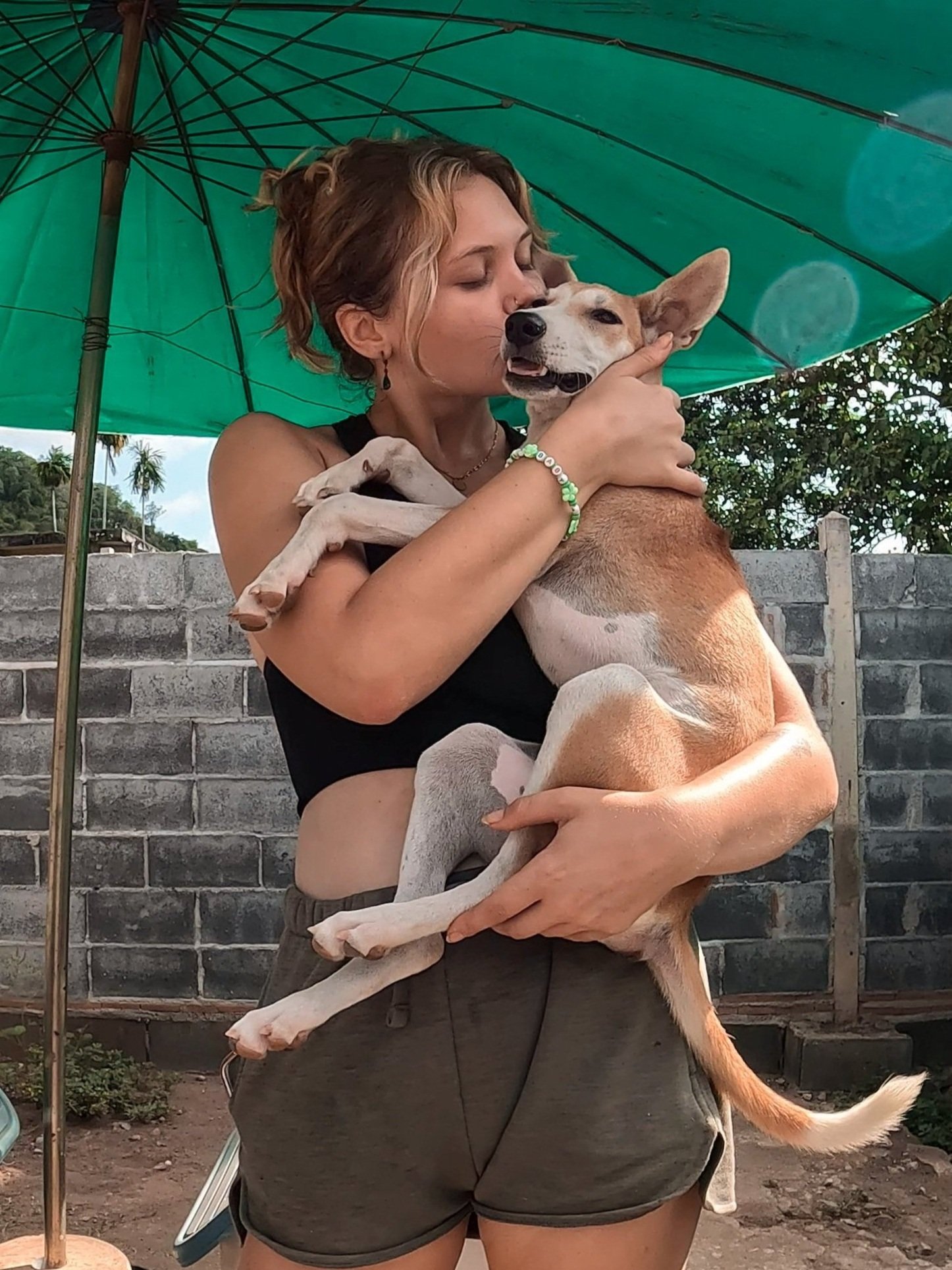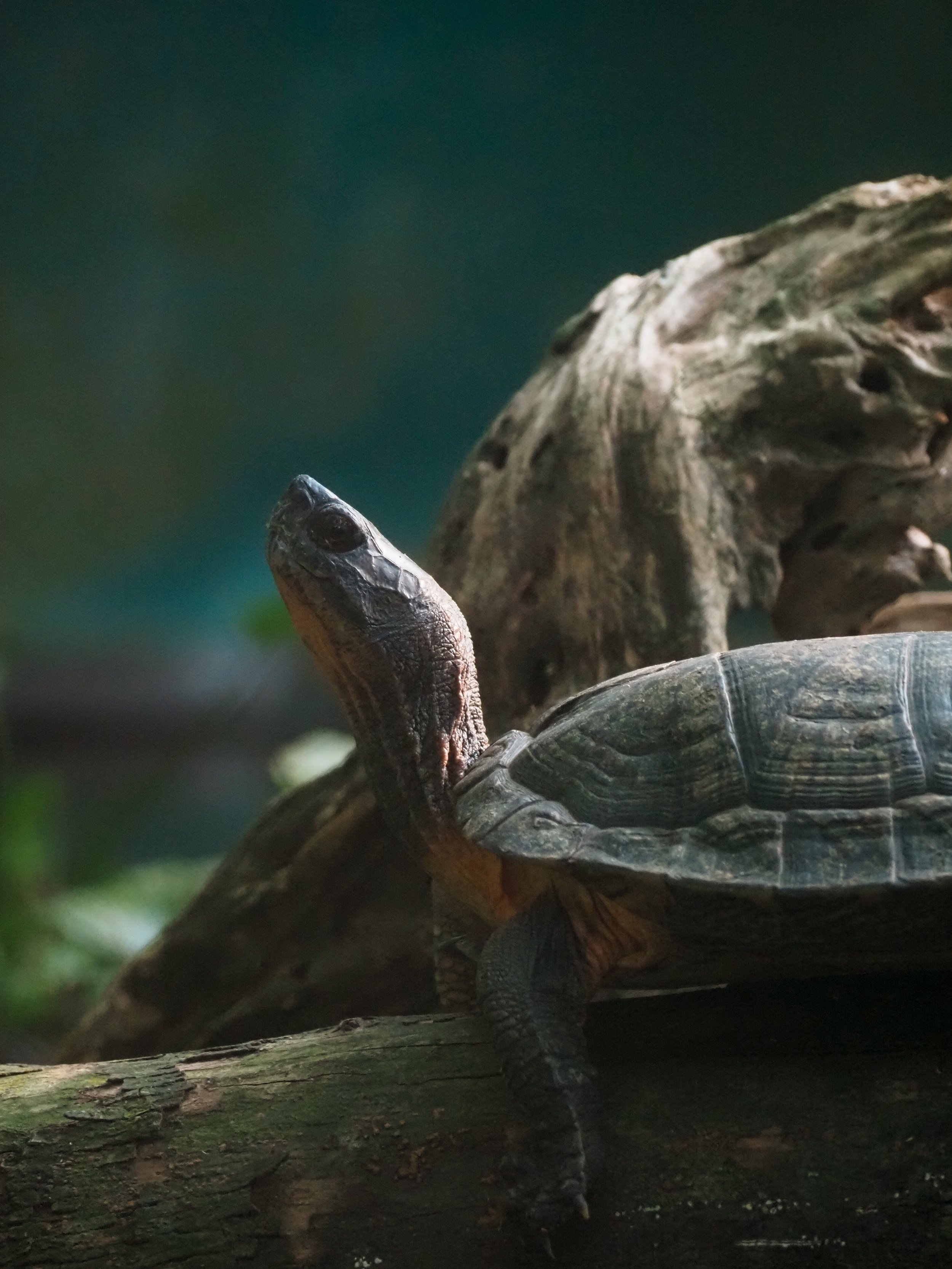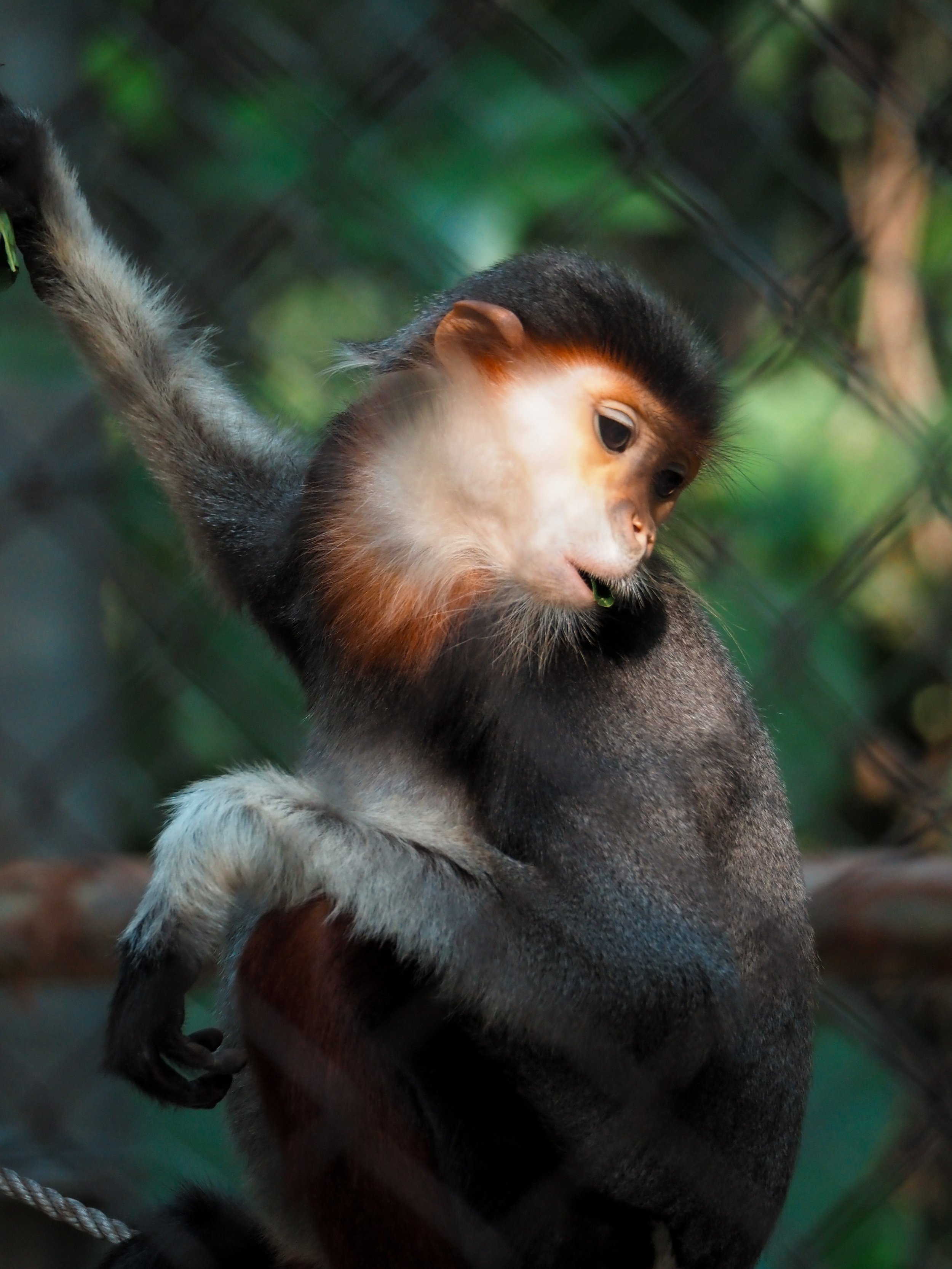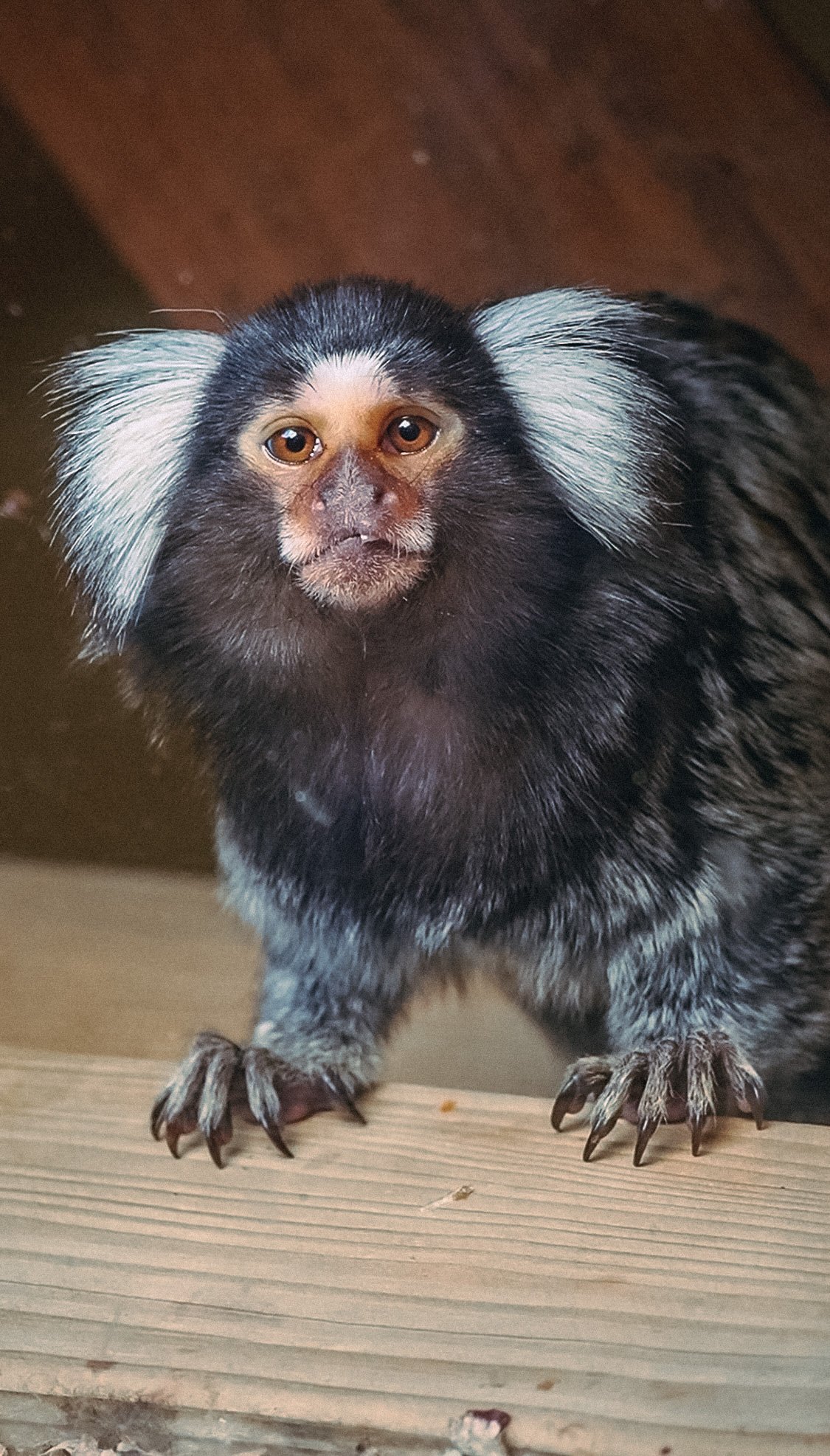
wild.guide
Your handbook for ethical animal projects.
Discover Our Approved Projects:
-
The Bear Sanctuary
Ninh Binh, Vietnam
Bear rescue & rehabilitation centre combating bear bile farming.
-
Turtle Conservation Centre
Ninh Binh, Vietnam
Turtle rescue, rehabilitation, release, & research centre.
-
Endangered Primate Rescue
Ninh Binh, Vietnam
Primate rescue, rehabilitation, release, & research facility.
-
Paws for Compassion
Da Nang, Vietnam
Veterinary clinic & associated rescue & rehabilitation centre
-
Gibbon Rehabilitation Project
Phuket, Thailand
Gibbon rescue, rehabilitation, and release project.
-

VetVan & Muttlands
Rayong, Thailand
Mass spay mission & associated rescue & temporary care facility.
-
Elephant Valley Project
Mondulkiri, Cambodia
Elephant conservation and community project.
-
House of Strays
Siem Reap, Cambodia
Vegan animal rescue & shelter for any species in need.
-
The Gibbon Experience
Ban Houayxay, Laos
Ecotourism and adventure project. Highest treehouses in the world.
-
Game Rangers International
Lusaka, Zambia
Elephant orphanage & wildlife education centre.
-
Colobus Conservation
Diani, Kenya
Primate Rescue & Community Project
-
Wild Futures
Cornwall, England
Primate Sanctuary & Education Centre
About wild.guide
Ethics-washing: when companies or organisations deceive consumers into believing their actions are more ethical than they really are.
As more and more people begin demanding ethical wildlife & animal experiences, the practice of ethics-washing is becoming more prominent. And I have bad news for you - the animal tourism industry is very good at it.
This makes it incredibly confusing for anyone looking to support genuine, ethical wildlife projects - so often we are caught out unknowingly funding exploitation.
And that’s where wild.guide comes in…
Let us do the hard work for you. All sanctuaries and organisations featured in this guide have been thoroughly researched and assessed through in-person visits to ensure they are truly operating on an animal-first basis.
FAQs
-
All research and assessment is currently being conducted by our founder. If you have any questions, organisations you would like to see assessed to be featured in the guide, of if you would like to get involved in the assessment process, please contact us.
-
Operating under an animal-first basis means that organisations genuinely have the health, safety, and overall welfare of their animals as their number one priority. These animals are therefore treated with dignity and respect and, are not seen as commodities, and are not used purely as a means to an end.
-
There are certain practices that we do not condone under any circumstances. These include but are not limited to:
The use of animals for close contact tourist interaction, including rides, bathing, petting, hand feeding.
The use of animals for entertainment including shows, tricks, parades.
The commercialisation of animals in the form of buying or selling individuals.
Inability to meet basic welfare needs including appropriate housing, socialisation, and medical care.
Intentional breeding or lack of preventative breeding measures except in situations of well-conducted active release programmes.
Disrespect or exploitation of local community or staff.
-
Organisations are assessed on a case-by-case basis but the following areas will be considered:
Sourcing of animals
Captive animal welfare (including veterinary care, behavioural intervention, and overall rehabilitation assessment)
Breeding policies
Research policies
Representation of wildlife on social media
Engagement with local communities
Staff safety and care
-
The wildlife/animal care industry exists within shades of grey. It’s near impossible to be perfect and no one has exact answers for every ethical dilemma or situation we may encounter. This guide highlights organisations we believe are genuinely doing their best in a very complicated industry and meet exceptionally high standards of care, but no, we cannot promise you will personally find everything they do ethical.
-
No! We are passionate about promoting facilities that house ALL manner of animals. While wildlife is the primary focus, we also feature projects caring for domestic animals. In addition, not all projects featured are sanctuaries, some are ecotourism ventures for example.












